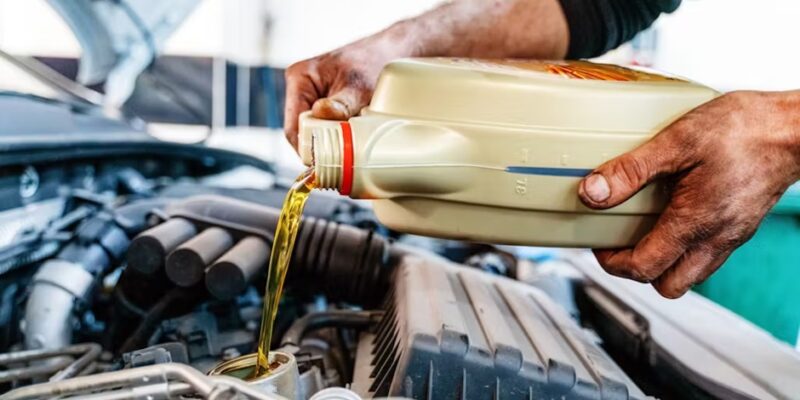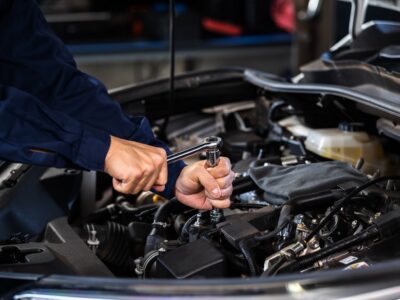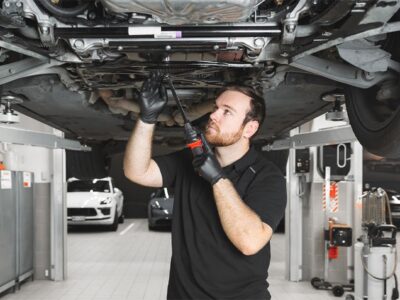Owning a vehicle comes with the responsibility of maintaining it to ensure its longevity and optimal performance. Regular maintenance and timely servicing not only enhance the driving experience but also contribute to the overall safety and reliability of your car. This article delves into essential services that every car owner should be aware of, focusing on routine car oil changes and comprehensive car servicing.
The Importance of Routine Car Oil Changes
One of the most critical aspects of vehicle maintenance is regular car oil change. Oil plays a vital role in lubricating the engine, reducing friction, and ensuring smooth operation. Over time, engine oil degrades and accumulates contaminants, which can lead to decreased engine efficiency and potential damage.
Why Regular Oil Changes Are Crucial:
- Engine Protection: Fresh oil helps to protect engine components from wear and tear. As oil circulates through the engine, it picks up dirt and debris. Regular changes prevent these contaminants from causing internal damage.
- Optimal Performance: Clean oil ensures that the engine runs smoothly and efficiently. Overused oil can lead to sludge buildup, which impairs engine performance and fuel efficiency.
- Longevity: Regular oil changes extend the life of your engine. By keeping the engine well-lubricated, you reduce the risk of overheating and other mechanical issues.
- Fuel Efficiency: Fresh oil improves fuel efficiency by reducing friction within the engine. This means you get more mileage out of each gallon of fuel.
Recommended Oil Change Interval:
Typically, it is advisable to change your car’s oil every 3,000 to 5,000 miles, depending on the type of oil used and your vehicle’s manufacturer recommendations. Modern vehicles equipped with advanced oil-monitoring systems may have different intervals, so always refer to your owner’s manual.
Comprehensive Car Servicing
Beyond oil changes, comprehensive car servicing is crucial for maintaining vehicle performance and safety. Car servicing involves a range of checks and maintenance tasks designed to ensure that all vehicle systems are functioning correctly.
Key Aspects of Comprehensive Car Servicing:
- Fluid Checks and Top-Ups: Besides engine oil, several other fluids require regular inspection and replenishment. These include transmission fluid, brake fluid, power steering fluid, and coolant. Ensuring these fluids are at optimal levels prevents potential breakdowns and enhances vehicle performance.
- Brake Inspection and Maintenance: Brakes are essential for safe driving. Regular servicing includes checking brake pads, discs, and fluid levels. Worn-out brakes can lead to reduced stopping power and increased risk of accidents.
- Tire Maintenance: Tires play a significant role in vehicle safety and performance. Regular checks include monitoring tire pressure, tread depth, and alignment. Properly inflated and aligned tires ensure better handling, fuel efficiency, and a smoother ride.
- Battery Care: The car battery is critical for starting the engine and powering electrical systems. Regular servicing involves checking battery charge levels, connections, and the condition of terminals. A well-maintained battery reduces the risk of unexpected failures.
- Filter Replacements: Air filters and fuel filters need regular replacement to ensure optimal engine performance and fuel efficiency. Clogged filters can lead to reduced power and increased fuel consumption.
- Belts and Hoses Inspection: The timing belt, serpentine belt, and various hoses should be inspected for wear and tear. These components are crucial for the engine’s operation and cooling system. Replacing worn belts and hoses prevents potential engine damage.
Servicing Interval:
The recommended servicing interval varies depending on the vehicle make and model. Generally, a full-service check is recommended every 12,000 miles or 12 months, whichever comes first. However, high-performance vehicles or those used under harsh conditions may require more frequent servicing.
Conclusion
Maintaining your vehicle through regular car oil changes and comprehensive servicing is essential for ensuring its longevity and peak performance. Regular oil changes protect your engine and improve fuel efficiency, while comprehensive car servicing addresses a range of issues that can impact safety and performance. By staying on top of these essential services, you not only enhance your driving experience but also safeguard your investment in your vehicle. Regular maintenance is a proactive approach to keeping your car in excellent condition, ultimately leading to fewer repairs, improved safety, and greater overall satisfaction.








Comments